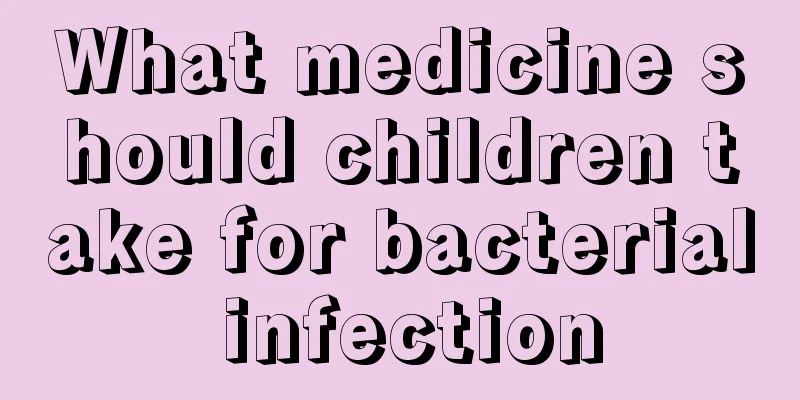What is the cause of blood in the child's urine?

|
Children with hematuria symptoms must be taken seriously. Under normal circumstances, hematuria in children is caused by physical illness. Children have poor ability to resist diseases because of their small bodies, and they are easily infected by viruses, which lead to inflammation in the body. Usually, if a child has hematuria, it is likely that there is a problem with the kidneys. Acute nephritis often causes symptoms of hematuria, and urinary stones may also cause it. Therefore, hematuria must be treated in time. ' Hematuria is found, but there is no obvious discomfort and no other associated symptoms. This is post-exercise hematuria, which is caused by kidney damage after intense exercise. There is no special treatment for exercise-induced hematuria. You can take some hemostatic drugs and let the child rest until the hematuria disappears. In the future, when exercising, you should start with a small amount and gradually increase the amount to improve the child's body and kidney tolerance to exercise. 1. Children with hematuria have increased frequency of urination and always have a feeling of heaviness in the lower abdomen as if they cannot finish urinating, or have urethral pain when urinating, indicating inflammation of the urethra or bladder. 2. If children have hematuria accompanied by fever, general discomfort, and mental depression, the possibility of systemic infectious disease should be considered. 3. If infants and children have hematuria accompanied by deafness, eye diseases or deformities in other parts of the body, it is necessary to consider whether the kidneys are also deformed. 4. Hematuria in children accompanied by decreased urine volume, facial edema, hypertension and low back pain may be caused by acute or chronic glomerulonephritis. 5. If a child has hematuria and has difficulty urinating and unbearable pain, he may have urinary stones. 6. If the child has skin bleeding spots, bleeding in the nose, gums, and other parts of the body in addition to hematuria, be alert to hemorrhagic diseases such as thrombocytopenic purpura, aplastic anemia, acute leukemia, hemophilia, etc. 7. If the child's parents or relatives have kidney disease, be alert to the possibility of hereditary nephritis if the child develops hematuria. Therefore, as parents, we must communicate more with our children. If any abnormal situation occurs, we must go to the hospital for treatment in time. If children develop some diseases while they are growing up and are not treated in time, it may affect their normal growth and development. The daily diet should also be reasonable and balanced. It is recommended that children develop a habit of exercise. Appropriate exercise can enhance resistance. |
<<: Why is my child's lips swollen?
>>: What to do if your child gets angry in kindergarten
Recommend
What causes fever and convulsions in children?
It is quite common for children to have fever in ...
What should I do if my baby cries and spits up milk?
Some babies have problems with crying, and many p...
Can sunbathing cure jaundice in newborns?
We often find that newborns will develop varying ...
Treatment for baby cough
Nowadays, many babies cough and retch, which is r...
What cures cough for children?
Every spring and winter are the seasons when peop...
Early symptoms of polio, be alert after reading these!
When a child has mild symptoms such as fever, man...
What to do if your child has a cough after eating cold food
In summer, everyone likes to eat some cold food. ...
How to treat cataracts in children?
Nowadays, many children in society suffer from ca...
What should I do if my child has a fever of 405 degrees?
Children in their early childhood have relatively...
What is the massage therapy for chronic tonsillitis in children?
The incidence of chronic tonsillitis is still ver...
What should I do if my nine-month-old child has a cold and fever?
Cold and fever are very common diseases. Almost e...
What to do if children have iron deficiency anemia?
When we have a child, we always want to give him ...
What causes children to cough when they wake up in the morning?
In fact, the cough in children when they wake up ...
Treatment of rash after baby's fever subsides
Nowadays, it is not uncommon for babies to develo...
The harm of febrile enema in children
In the context of a fast-paced life, we in real l...









